
ASN Kidney Week 2023
Advertisement
The prevalence of hyperkalemia among individuals with chronic kidney disease (CKD) is 14% to 20%.
Results of a study evaluating the prevalence of common comorbid conditions in patients with ADPKD.
Clinical development models for polycystic kidney disease remain challenging.
Early diagnosis of CKD and active management can slow progression and improve outcomes.
Using antihypertensive medication in patients with persistent treatment-resistant hypertension concurrent with CKD.
Patients receiving maintenance hemodialysis who develop anemia are commonly treated with erythropoiesis-stimulating agents.
Patients with end-stage kidney disease with anemia are commonly treated with recombinant human erythropoietin.
Examining whether administration of patiromer would reduce the number of significant arrhythmia events.
Training an artificial intelligence algorithm that can detect hyperkalemia from the surface electrocardiogram.
The pooled proportion of all serious adverse effects related to remdesivir was 2.9%.
Results of an analysis to characterize the sequelae of COVID-19 infection among kidney transplant recipients.
Albuminuria is a strong determinant of kidney and cardiovascular risk in those with and without type 2 diabetes.
Patients with type 2 diabetes without other comorbidity are often treated with metformin as antiglycemic therapy.
There are associations between anemia in ESKD and increased risk of morbidity and mortality.
Interpatient variation in mean hemoglobin levels were smaller in the intervention arm than in the standard of care arm.
There is an independent association between hyperkalemia and poor outcomes among individuals with chronic kidney disease.
Guideline recommendations call for maintenance of RAASi therapy using novel antihyperkalemia treatment.
Long-term among patients identifying as Black who were treated with voclosporin during the phase 3 AURORA studies.
Tolvaptan showed real-world effectiveness in slowing decline in eGFR when compared with matched historical controls.
Patients with end-stage kidney disease (ESKD) receiving dialysis commonly develop hyperphosphatemia.
Advertisement



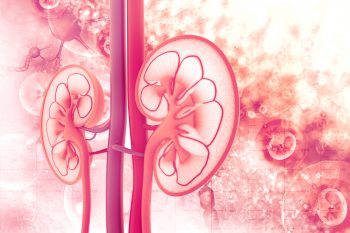


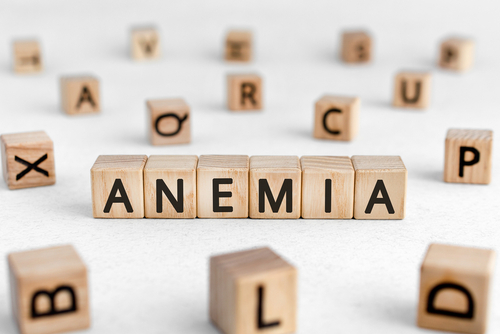
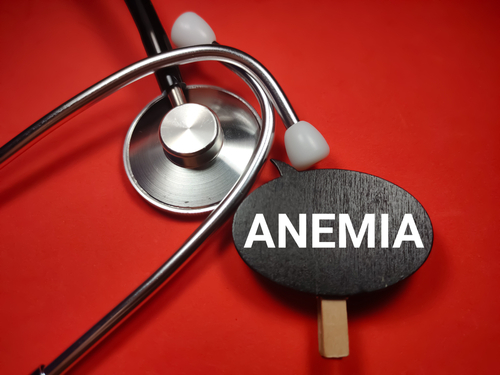


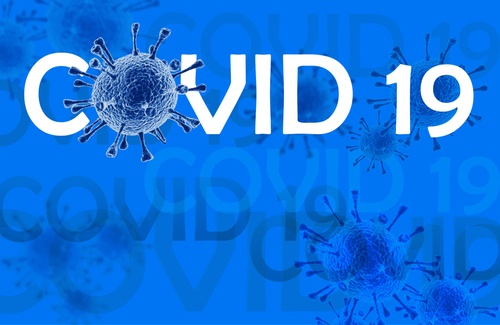
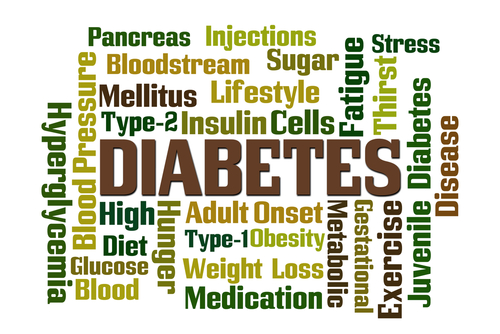




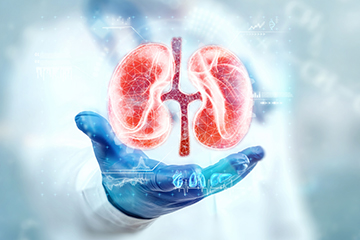

 © 2025 Mashup Media, LLC, a Formedics Property. All Rights Reserved.
© 2025 Mashup Media, LLC, a Formedics Property. All Rights Reserved.